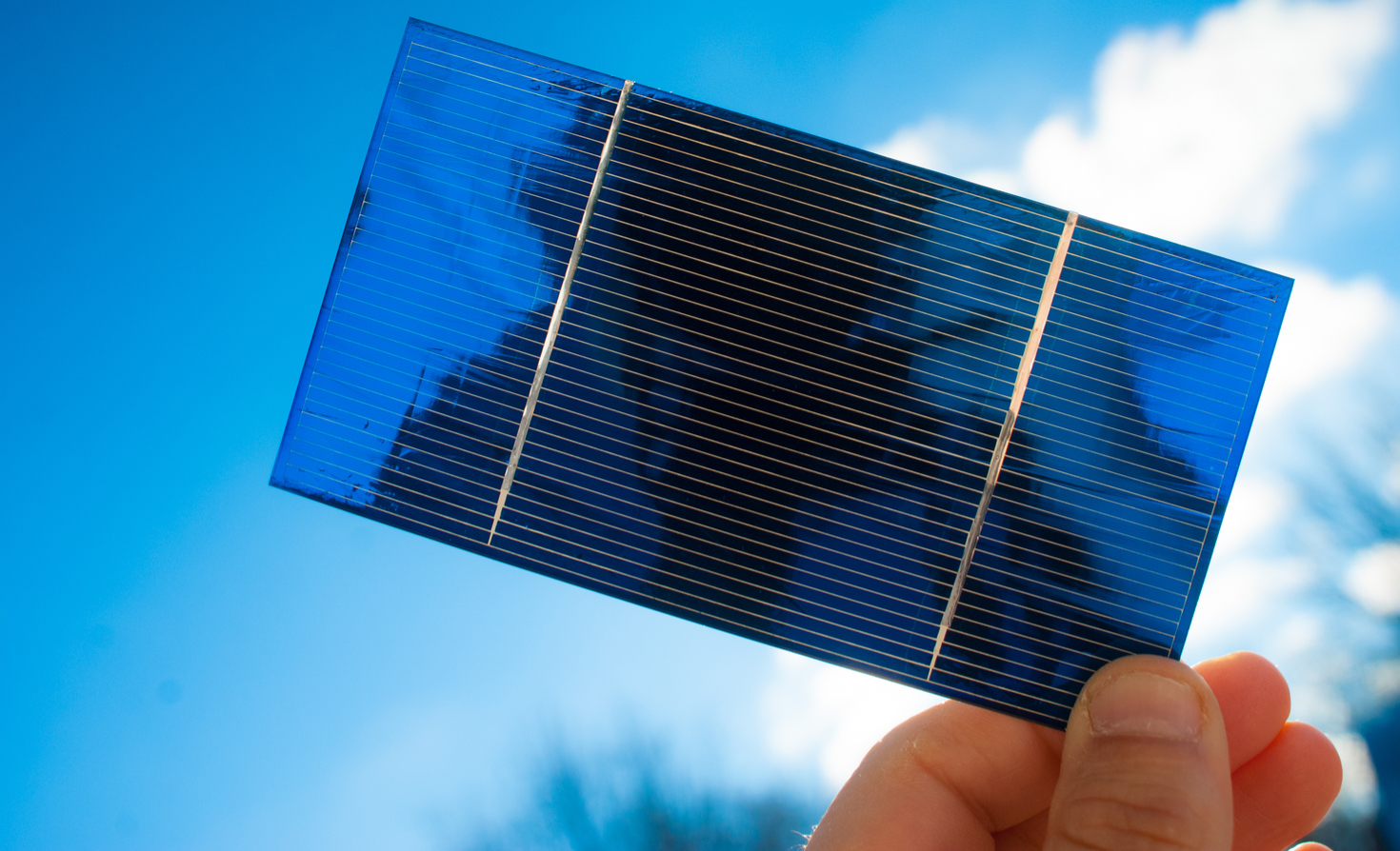The first solar-cell production factory in West Africa is now being built by Nigeria’s National Agency for Science and Engineering Infrastructure (NASRENI). The factory is part of the government of Nigeria’s initiatives to modernize the power industry and strengthen the regional economy.
The factory’s foundation was recently laid at Gora, in the state of Nasarawa, by Vice President Yemi Osinbajo. Osinbajo asserts that Nigeria will join a select group of nations that are pushing the boundaries of their usage of renewable energy sources that are friendly to the environment, notably solar, as a result of NASENI’s historic accomplishment.
The production and research facility of NASENI is being developed in collaboration with the commercial organization China Great Wall Incorporated Corporation (CGWIC). The factory development cost is estimated at around $171 million, with 85% of the funding being provided by the China-Africa Development Fund through the Bank of China and the rest by Nigeria.
Ten years ago, the factory was established as a solar panel production plant with a 7.5 MW capacity and currently has an annual capacity of 21 MW. The new solar cell production and research facility will consist of four major sections, which include a polysilicon unit of 1,000 tons per annum (p.a.), wafers of 50 MW p.a., ingots of 50 MW p.a., and solar cells of 50 MW p.a.
Mohammed Haruna, Executive Vice Chairman of NASENI, said that the ground-breaking solar cell manufacturing plant was a reality on account of the commitment from the Federal government and would be a game-changer in green energy manufacturing and solutions.
The solar cell plant opened at a key time when the nation is working diligently to implement breakthroughs in renewable energy, the vice president noted. Due to the cheap production costs of solar panels, the facility’s output, when operating at full operational capacity, will have an even greater impact on the solar energy value chain in this country of West Africa.
The Federal Executive Council of Nigeria approved Nigeria’s Energy Transition Plan last year, which lays out the process for attaining decarbonization by 2060 and universal energy access by 2030. According to the plan, solar energy will become a larger portion of the nation’s energy mix by 2035, exceeding even natural gas.

